Adaptive Edge Coaching and therapy are similar in many ways. Both place a heavy focus on emotion processing and changing maladaptive patterns of thoughts and behaviors. But while most therapy stops there, Adaptive Edge Coaching also focuses on soft skills and professional identity development. Another key difference is that Adaptive Edge Coaching is instructive, meaning that the client learns the psychology behind the method and masters one of life’s most essential skills – making adaptive changes. Read on to learn more about what Adaptive Edge Coaching has in common with therapy, why AEC is a better alternative to therapy for many people, and how trauma healing in therapy is an essential complement to successful coaching in some cases.
Similarities Between Adaptive Edge Coaching and Therapy
If you have been engaging with us on social media, you know that Adaptive Edge Coaching is emotion-focused. A foundational element of coaching someone through an adaptive change is the cultivation of emotional intelligence and instilling the philosophy that all emotions carry valuable messages for the person experiencing them. Because these experiences are highly physical, thus, we first cover the essential skill of regulating your nervous system during healing and big changes. In line with the latest neuroscience research, (The Polyvagal Theory), we know that the nervous system has a large impact on your feelings of depression and anxiety Like therapy, then, Adaptive Edge Coaching and aims to calm and relax your nervous system. This will provide the opportunity for you to truly enjoy your life. Once this skill is cultivated, the important work of analyzing how patterns of thoughts, behaviors, and emotions have developed begins. After the diagnostic assessment, you will understand your life in a new way. Doing further observation and reflection exercises helps you to become more aware of and allows you to recognize patterns that trigger these reactions. Cognitive Behavioral Therapy makes a similar promise, but relies on the invalidation and rationalization of pesky thoughts and emotions. This is an effective maintenance technique, but it is more of a band-aid because it does not get to the root of what is causing anxious thoughts and feelings and can end up with a person not trusting the experience of their own emotions. At AEC we get to the root of the issue and embrace all emotion. Another similarity is that Adaptive Edge Coaching and many forms of therapy will have you do exercises and activities in between sessions. As a result, you and your coach or therapist will gain a better understanding of how to heal and overcome obstacles in your life. Adaptive Edge Coaching and therapy both analyze and discuss the past.
Why Adaptive Edge Coaching is a Good Alternative to Therapy for Many People
Coaching focuses on showing you how to make difficult changes in your life. Here at Adaptive Edge Coaching, you are taught the psychology and science behind why you feel and act the way you do. Learning the methods and information to change is very liberating. You have the freedom to apply this knowledge at any time in your life. In therapy, the majority of the time you have to rely on the therapist for change. Therapists are trained in one or two theoretical schools of thought to help you, but they do not elaborate on the methods being used. Frequently in therapy, you end up discussing your emotions the entire session. Adaptive Edge Coaching allows you to express your feelings as well, but it also provides you with the necessary tools to make essential changes in your environment and relationships. Many therapists are quick to label you with a mental illness and view your natural way of living as “symptoms” of a disorder. Once a therapist makes this diagnosis, it is likely they could recommend medication. Research shows that the medical model of mental health has had drastically poor outcomes. Adaptive Edge Coaching never diagnoses or medicalizes your distress, and instead focuses on how you can grow and change to make improvements in your life. Another difference is that therapists usually do not offer advice outside of your scheduled session. In Adaptive Edge Coaching, your coach will check-in on you with nudges and emails and there is an option to sign up for messaging support. Adaptive Edge coaching also implements principles of performance psychology to help you reach your goals as well as career development, assertive training, and group dynamics to ensure you excel in all areas of life. Beyond healing and supporting you through change, Adaptive Edge Coaching empowers you to construct a future aligned with your vision, values, and deepest ambitions.
Why Therapy Complements Coaching
Greg Murray is a trauma-informed coach. Many times when people are working towards a change and uncovering links between their beliefs, emotions, and behaviors, past traumas come to the surface. This is when your coach may recommend a therapist because it is best for the client to see a therapist that specializes in this topic. Trauma may include assault, abuse, a near death experience, situations of powerlessness, and more. Excellent examples of trauma therapy include EDMR, Somatic Experiencing, or Narrative Exposure Therapy. These different forms of therapy focus on removing the trauma from your body so that you can get back to focusing on your future. It is important to understand how impactful it is to make these changes in your life. Know what your goals are, and then decide which service is comfortable for you.
Everyone can benefit from seeing a coach or a therapist. You just need to figure out which works best for you. Adaptive Edge Coaching allows you to grow and develop skills that you can apply throughout your entire life. For a consultation or more information please contact Greg Murray at Greg@adaptiveedgecoaching.com

